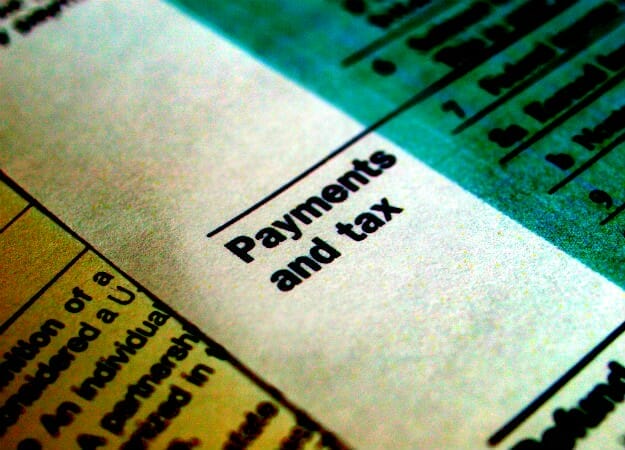Thousands of honest taxpaying Americans have lost millions of dollars in total to IRS scams. Scammers use tactics that include automated IRS phone calls or even appear at your doorstep to intimidate you into paying. Given this, it is best to take special care to avoid the risk of this happening to you. Here are a few things you should know to ensure the safety of your finances.
IRS Scams | Be Aware and Protect Yourself from Scammers
In this article:
- What Are IRS Scams?
- When Should I Question?
- Why Do People Get Tricked by Scam Artists?
- Where Can I Pay My Taxes?
- Who Do I Call if I’ve Been Scammed?
- How Can I Check My Payment Status?
What Are IRS Scams?
Essentially, IRS scams often involve being tricked into paying taxes or other fees to people posing as IRS officials. Given this, it is important to be aware of the different protocols the IRS use to protect yourself from scammers.
When Should I Question?
To know when you should begin doubting and questioning, it is important to be aware of the IRA’s different protocols. It is crucial to note the IRA does not do the following:
- Demand immediate payment through a specific method (i.e. debit card, credit card, or wire transfer) via phone call or a house visit – The IRA asks for payment by sending you your bill through the United States Postal Service.
- Demand immediate payment without giving you the opportunity to review and appeal the amount you owe – It is always important to be aware of your rights when it comes to paying your taxes.
- Use threatening language to force payment – If you are being forced to pay your taxes with threats to involve law enforcement, immigration officers, or the police, it is best to file a report.
Why Do People Get Tricked by Scam Artists?
IRS scams succeed due to tactics they use to trick taxpayers who are unaware of their own rights. These people are vulnerable to scams because they are unaware of the different protocols that can be used to distinguish scammers from the IRS. Additionally, they are able to trick people by threatening them with jail time or lawsuits.
Where Can I Pay My Taxes?
There are several different payment channels for you to choose from. You can make a direct payment from your bank account for free. Additionally, for a fee, you also have the option to use your credit or debit card. The following are other methods of tax payment:
- Electronic Federal Tax Payment System
- Electronic Funds Withdrawal
- Same-day Wire
- Check or Money Order
- Cash
If for any reason, you are unable to take care of your taxes before April 15, there are also a variety of payment options:
- Pay through monthly installments.
- Try to find out if you are eligible for an offer in compromise which will allow you to settle your debt for less.
- Request to have your debt collection temporarily delayed until your financial situation improves.
Who Do I Call if I’ve Been Scammed?
Should you encounter an IRS scam attempt, make sure you contact the Treasury Inspector General for Tax Administration at the number 800-366-4484. You can also report IRS phone scams to the Federal Trade Commission. On the other hand, if you receive an IRS email scam, you can report this to the Electronic Federal Tax Payment System at [email protected].
How Can I Check My Payment Status?
If you are an individual taxpayer, you can easily view your account information on the official IRS website. By logging in, you have instant access to your payment information and current balance. This tool allows you to track the amount you owe the IRS which will make it easier to identify a scam.
For more information on how phone scammers trick taxpayers, watch this video posted by ABC News.
Too many Americans are affected by IRS scams. Given this, it is important to always be aware of your rights. Actively keeping track of your dues and regularly accessing your account information online is a great way to combat scammers. Additionally, should you receive any emails or phone calls claiming to be the IRS, it is your right to ask them for information to verify themselves.
Have you personally encountered an IRS scam? Tell us about your experience in the comments below.
Up Next: IRS Forms And How To Fill Them Out


